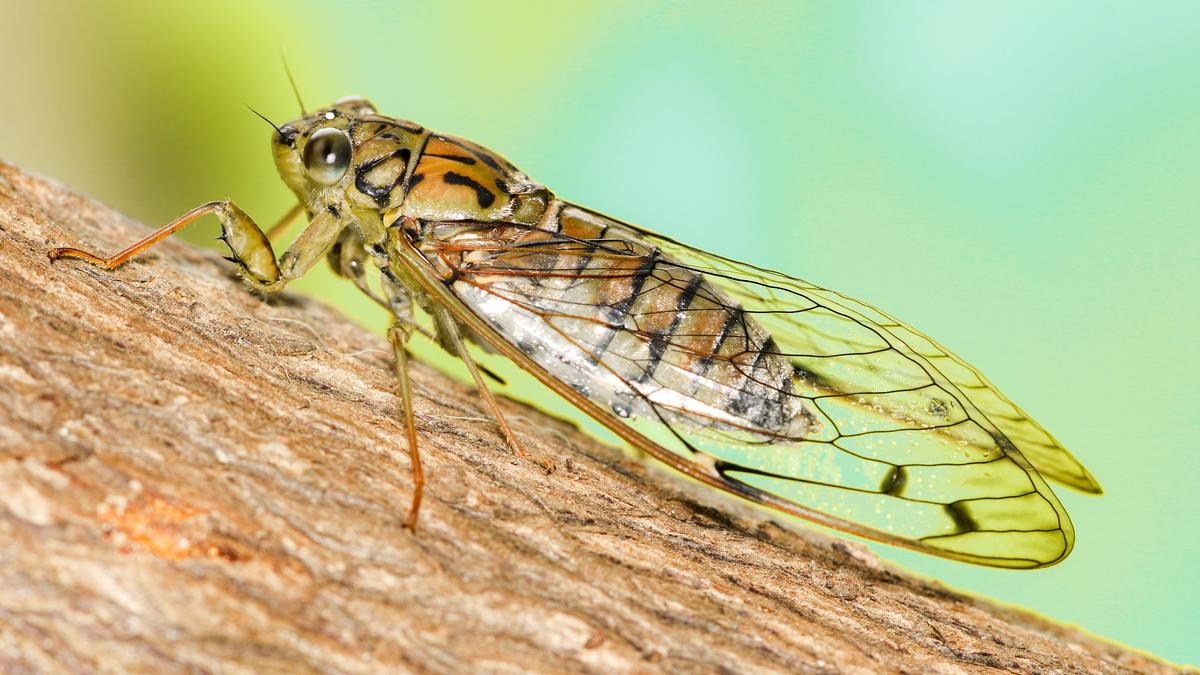Important Facts For Prelims
South Indian Cicada Species Gets a New Identity
- 18 Jul 2023
- 3 min read
Why in News?
Recent taxonomic research has unveiled a significant discovery regarding a cicada species commonly found in South India.
- Previously mistaken for the Malaysian species Purana tigrina, this cicada has now been identified as a distinct species named Purana cheeveeda.
- The study also highlights the potential implications of the cicada's distribution for ecological assessments.
What are the Major Findings of the Research?
- P. cheeveeda's distribution extends across tropical evergreen forests from Goa to Kanyakumari in South India.
- This discovery supports a high degree of endemism among cicadas.
- The declining presence of cicadas in homesteads may indicate the deterioration of soil quality and vegetation.
What are Cicadas?
- About:
- Cicadas are insects that belong to the order Hemiptera and the superfamily Cicadoidea.
- Hemipteran insects, also called true bugs, have mouthparts used for piercing and sucking and have two pairs of wings.
- They have large eyes, transparent wings and loud calls that are produced by special organs called tymbals.
- Cicadas are insects that belong to the order Hemiptera and the superfamily Cicadoidea.
- Dietary Pattern and Life Cycle:
- Cicadas are mostly herbivorous and feed on plant sap using their piercing and sucking mouthparts.
- They have complex life cycles that involve long periods of underground development and short periods of adult emergence.
- Habitat:
- Most cicadas are canopy dwellers and are found in natural forests with large trees; found in every continent except Antarctica.
- The generic diversity of cicadas in India and Bangladesh ranks the highest in the world, followed by China.
- Significance:
- Cicadas are important for biodiversity because they provide food for many predators, pollinate flowers, aerate the soil, recycle nutrients and indicate environmental health.
- Major Threat:
- Human development activities reduce the number of trees that cicadas depend on for feeding and reproduction.
- Climate change may disrupt the timing and synchronization of cicada emergence.
- Pesticides, herbicides and fungicides contaminate the soil and water and affect the health and survival of cicadas and their host plants.





